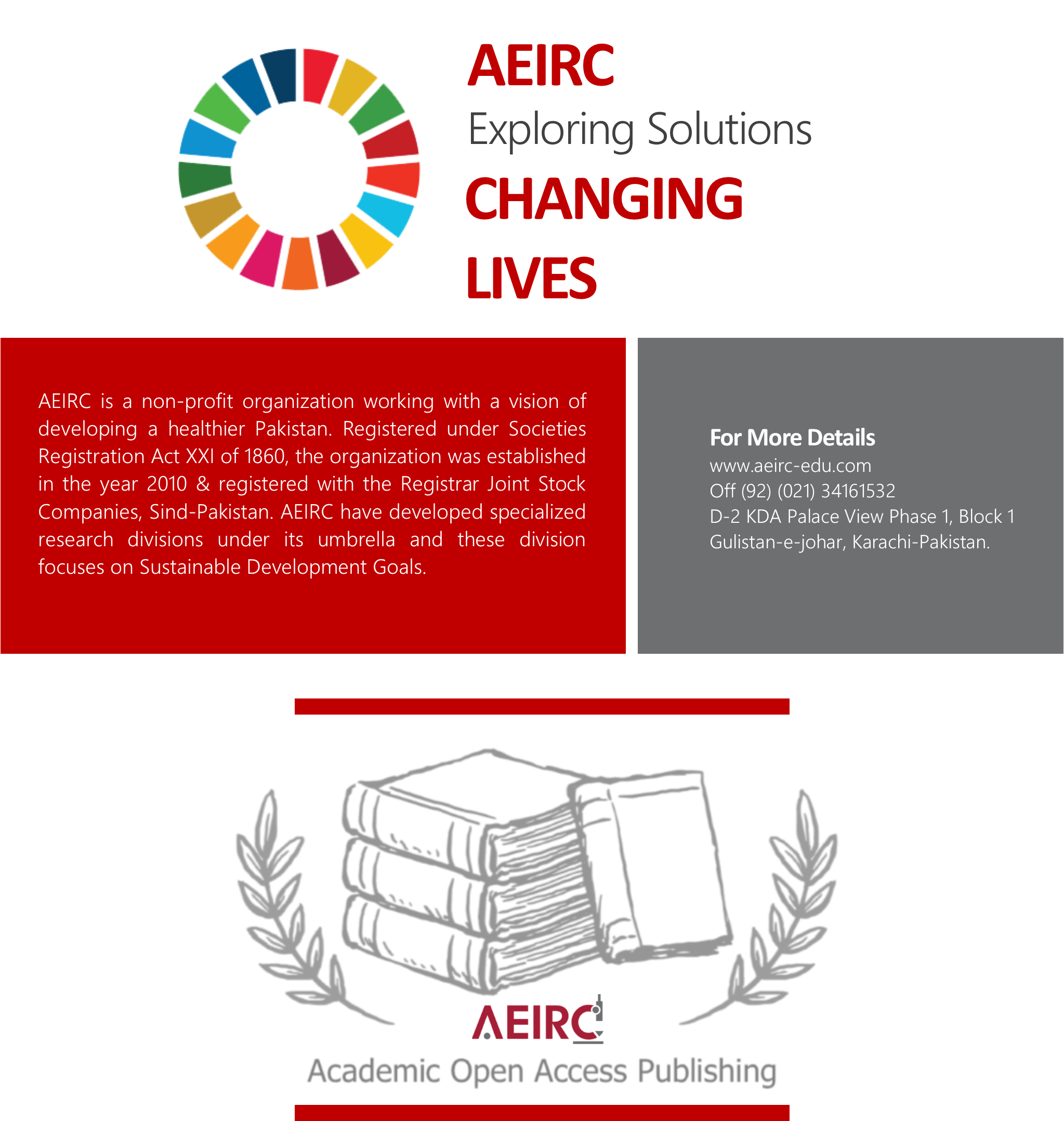Outcome and safety of Arbeitsgemeinschaft für Osteosynthesefragen external fixator in the management of open tibial fractures by firearm injuries: A study at Liaquat University Jamshoro
DOI:
https://doi.org/10.29052/IJEHSR.v6.i3.2018.06-15Keywords:
Open Fractures, Tibial Diaphysis, intramedullary Nailing, External FixationAbstract
Background: Tibial fractures are considered as the most common long bone fracture but their treatment and management remains controversial and challenging. The tibia fractures due to firearm injuries, increases the treatment complexity with higher morbidity and mortality rate. In the developing countries, Open tibial fractures are commonly treated by Arbeitsgemeinschaft für Osteosynthesefragen external fixator (AOEF). The aim of the study was to evaluate the results and the consequences by the use of AOEF in the management of open fracture of the tibia caused by firearm injuries and to determine the complications in the routine practice.
Methodology: An observational, prospective study was conducted at the Department of Orthopedic Surgery and Traumatology (DOST), Liaquat University Jamshoro, Pakistan during the period of 1 year (2017 to 2018). As per study inclusion/exclusion criteria, 38 patients with Gunshot injury of diaphysis tibia with Gustillo type IIIa and IIIb, age range from 12 to 60 years of either gender were recruited for the study.
Results: All 38 fractured cases were treated by AOEF. Of them 32 (84.0%) patients were male while 6 (16.0%) were females, with the mean age of 29.1 + 9.27 years. The mean time duration for the treatment with AOEF was observed as 19.1 + 2.72 weeks. Out of all 38, 3 (8.0%) cases with surgical wounds became infected during the study while 2(5.2%) patients went in infective non-union. Knee stiffness was observed in 5(13.0%) patients and 3(8.0%) patients were observed with ankle stiffness.
Conclusion: It can be concluded from the study results that AOEF is simple, cost-effective, and minimally invasive, requires less operating time and is safe to apply. It gives good access to soft tissue and excellent results in type GIII-A&B open tibial fractures by firearm injuries.







